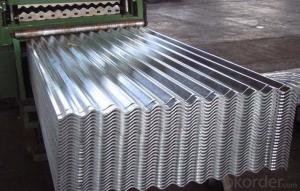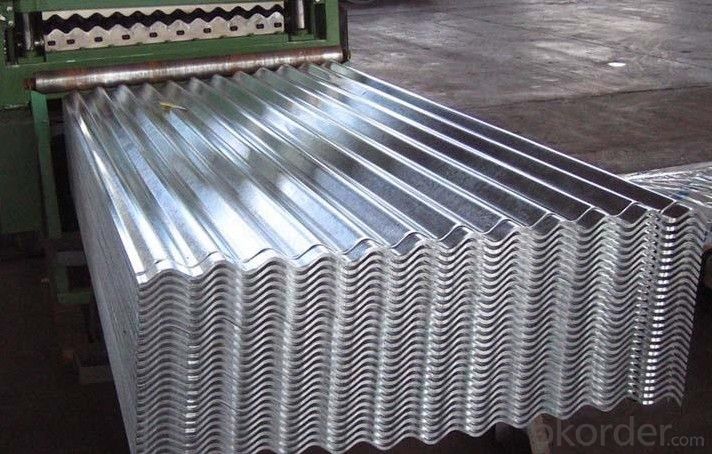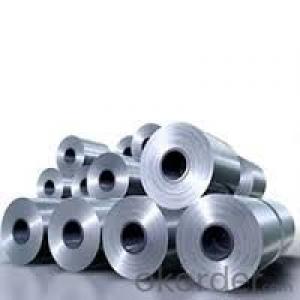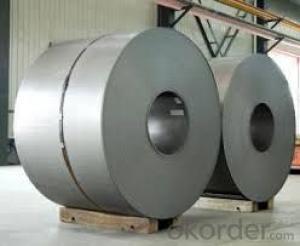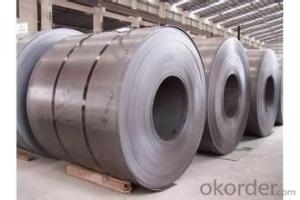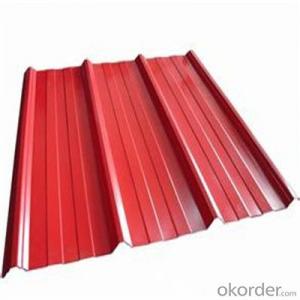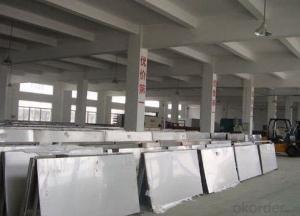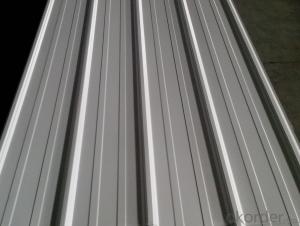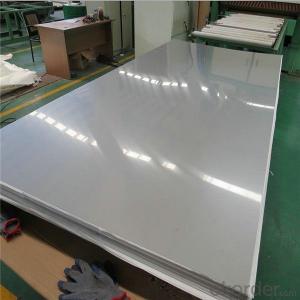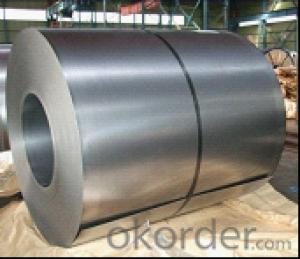Prime quantity color coated Galvanized Steel corrugated sheets
- Loading Port:
- China main port
- Payment Terms:
- TT OR LC
- Min Order Qty:
- 1 m.t.
- Supply Capability:
- 100000 m.t./month
OKorder Service Pledge
OKorder Financial Service
You Might Also Like
1) AVAILABLE DESIGNATION OF (Prepainted galvanized steel coils) printed PPGI coils
Quality Q/BQB 440-2003 JIS G3312-1994 EN 10326-2004 ASTM A653-02a
EN 10327-2004 (BASE PLATE)
(BASE PLATE)
Commercial Steel TDC51D CGCC DX51D+Z/AZ CS Type A/B/C
Forming Steel (TSt01,TSt02,TSt03) CGCD1 FS Type A, Type B
Drawing TDC52D /TDC53D - DX52D+Z/AZ DDS TYPE A/C
Steel DX53D+Z/AZ
Structural TS280GD(TStE28) CGC400 S280D+Z/AZ SS275
Steel TS350GD(TStE34) CGC440 S350D+Z/AZ SS340 Class1
2) OUR SPECIFICATION OF (Prepainted galvanized steel coils) printed PPGI coils
Available Size:
Manufacturer Thickness Width Length of plate Inner diameter of coil
JIANGSU HUIYE STEEL SHEET CO.,LTD 0.2-1.2mm 800/914/1000/1200/1219/1250mm 1000-6000mm 508mm/610mm
Coated Mass OF (Prepainted galvanized steel coils) printed PPGI coils:
Base plate Available Coated Mass(g/m^2)
Galvanized Steel 80, 100, 120, 160, 180
Galvalume Steel 50, 70, 150
Available Painting OF (Prepainted galvanized steel coils) printed PPGI coils:
Category of Painting Item Code
Polyester PE
High-durability polyester HDP
Silicon modified polyesters SMP
Polyvinylidene fluoride PVDF
Easy-Cleaning —
Painting Thickness Top side: 20+5microns;
Bottom side: 5~7microns.
Color System Produce according to RAL Color System or as per buyer’s color sample.
Painting structure Top surface Bottom surface
Primer coating No coating 1/0
Primer coating Primer coating 1/1
Primer coating + Finish coating No coating 2/0
Primer coating + Finish coating Primer coating or single back coating 2/1
Primer coating + Finish coating Primer coating + Finish back coating 2/2
- Q: Can steel sheets be used for solar panel manufacturing?
- Yes, steel sheets can be used for solar panel manufacturing.
- Q: What are the main applications of steel sheets?
- Steel sheets have a wide range of applications, including construction projects, automotive manufacturing, shipbuilding, appliance production, and industrial machinery. They are used for structural components, such as beams and columns, as well as for cladding, roofing, and flooring. Additionally, steel sheets are utilized in the production of various consumer goods, such as furniture, containers, and electrical appliances.
- Q: Are steel sheets available in non-standard sizes?
- Yes, steel sheets are available in non-standard sizes.
- Q: Can steel sheets be used for signage or advertising displays?
- Yes, steel sheets can be used for signage or advertising displays. Steel is a durable and versatile material that can be cut, shaped, and painted to create eye-catching displays. It provides a sturdy base for signs and can withstand outdoor conditions.
- Q: How thick are steel sheets typically?
- Steel sheets can vary in thickness depending on their intended use, but they are typically available in a range of thicknesses starting from 0.4 millimeters (0.0157 inches) and can go up to several millimeters.
- Q: Can steel sheets be used for sculptures and artwork?
- Yes, steel sheets can definitely be used for sculptures and artwork. Steel is a versatile material that can be shaped, welded, and manipulated into various forms and designs. Its strength and durability make it ideal for creating large outdoor sculptures or intricate indoor artwork. Additionally, steel sheets can be painted, textured, or treated to achieve different visual effects, allowing artists to explore different creative possibilities.
- Q: What is the difference between Q235A steel and Q235B steel?
- Generally, the steel plate is made on the surface of the steel plate before the finished steel plate leaves the factory. If the profiles, such as: angle steel, channel steel, I-beam, H steel and other steel products, steel products in the finished section before leaving the factory on the signs marked. The user can identify whether the material is Q235A, or Q235B, or other material.
- Q: What are the common widths of steel sheets?
- The common widths of steel sheets vary, but they are typically available in widths ranging from 24 inches to 72 inches.
- Q: Are the steel sheets resistant to oil or grease?
- Steel sheets are resistant to oil or grease in general. Steel is renowned for its durability and ability to withstand different chemicals, such as oil and grease. Due to the sleek surface of steel sheets, it becomes challenging for substances like oil or grease to stick to them, which facilitates effortless cleaning and maintenance. Moreover, if necessary, steel sheets can undergo additional treatment or be coated with protective substances to enhance their resistance to oil or grease.
- Q: Are steel sheets suitable for interior design applications?
- Yes, steel sheets are suitable for interior design applications. They offer a sleek and modern aesthetic, are durable and long-lasting, and can be customized to fit various design styles. Steel sheets can be used for wall cladding, ceilings, decorative panels, furniture, and other interior elements, adding a contemporary and industrial touch to any space.
Send your message to us
Prime quantity color coated Galvanized Steel corrugated sheets
- Loading Port:
- China main port
- Payment Terms:
- TT OR LC
- Min Order Qty:
- 1 m.t.
- Supply Capability:
- 100000 m.t./month
OKorder Service Pledge
OKorder Financial Service
Similar products
Hot products
Hot Searches
Related keywords
